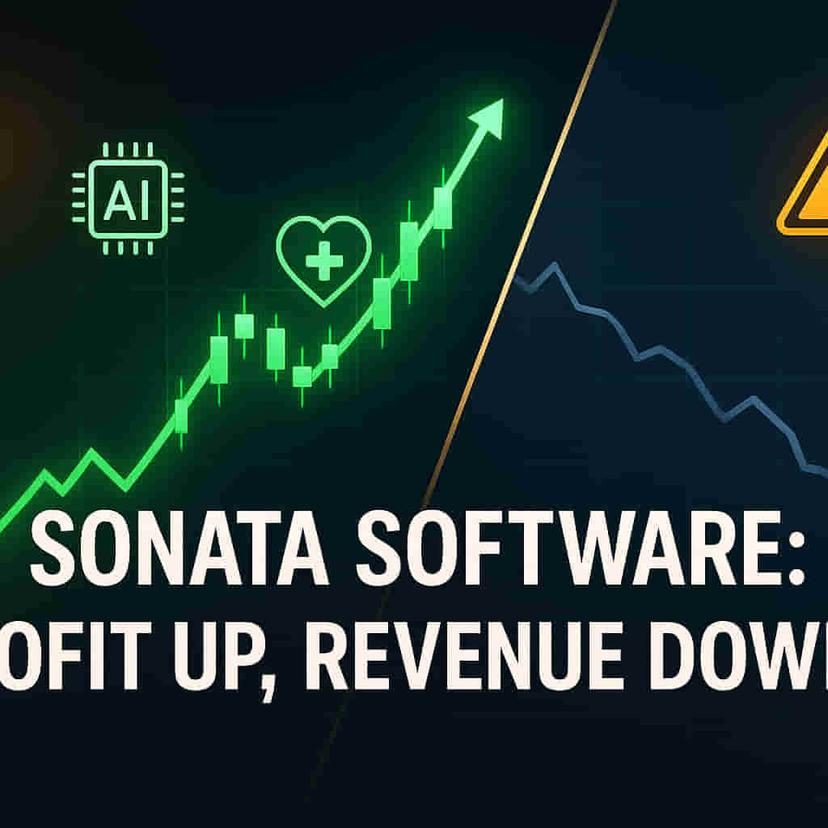SHOCKING: Foreign Investors DUMP Indian Stocks! Domestic Power Surges to RECORD Highs!
Economy
|
Updated on 13 Nov 2025, 02:11 pm
Reviewed By
Simar Singh | Whalesbook News Team
Short Description:
Detailed Coverage:
Foreign portfolio investors (FPIs) have reduced their stake in Indian companies listed on the National Stock Exchange (NSE) to 16.9% in the September 2025 quarter, the lowest in 15 years. This trend, which began in early 2023, is attributed to global capital flow volatility and profit-taking by foreign entities. In the first half of FY26, FPI holdings saw outflows of $8.7 billion, and their total value dropped by 5.1% quarter-on-quarter to ₹75.2 lakh crore. Ownership in major indices like Nifty 50 and Nifty 500 also declined significantly.
In contrast, domestic institutional investors (DIIs), including mutual funds, have expanded their shareholding for the ninth consecutive quarter, reaching an all-time high of 18.7%. This surge is fueled by record equity inflows into mutual funds, averaging ₹1.64 lakh crore in Q2 FY26, and robust monthly SIPs averaging ₹28,697 crore. The DII ownership now surpasses FPI share for the fourth quarter in a row.
Individual investors maintained their ownership at 9.6% but showed increased interest in companies outside the top 100 by market capitalization, reaching a 19-year high of 16.7% in smaller stocks.
Impact: This shift indicates a growing reliance on domestic capital for market funding. Sustained FPI outflows can increase market volatility and affect valuations, especially in sectors like FMCG, energy, and materials where FPI selling was noted. However, strong domestic inflows provide a stabilizing force and support potential market growth, particularly favoring sectors where domestic investors are overweight, such as financials and communication services, while potentially leading to cautious sentiment in IT and underweight stance in industrials. Rating: 8/10.
Difficult terms: FPIs (Foreign Portfolio Investors): Investors from foreign countries who invest in a country's financial markets, like stocks and bonds, but don't seek to control or manage the company. NSE: National Stock Exchange of India, one of the leading stock exchanges in India. FY26: Fiscal Year 2026 (April 2025 to March 2026). Basis points (bps): A unit of measure used in finance to describe small changes in interest rates or yields. One basis point is equal to 0.01%. Q2 FY26: The second quarter of the fiscal year 2026. SIP (Systematic Investment Plan): A method of investing a fixed amount of money in mutual funds at regular intervals, typically monthly. DIIs (Domestic Institutional Investors): Investors within India, such as mutual funds, insurance companies, banks, and other financial institutions. Nifty 50: A benchmark index of 50 of India's largest companies listed on the National Stock Exchange. Nifty 500: A benchmark index representing the top 500 Indian companies by market capitalization. FMCG (Fast-Moving Consumer Goods): Products that are sold quickly and at a relatively low cost, such as packaged foods, toiletries, and beverages. IT (Information Technology): Companies involved in software development, IT services, and consulting. Private Indian promoters: Individuals or groups who founded or largely own Indian companies, distinct from foreign promoters or the government.
IPO Sector

Crypto King Grayscale Poised for Wall Street Debut: IPO Filing Stuns Market!
Tech Sector

Byju's Insolvency Crisis: Dr. Ranjan Pai's MEMG Makes Shocking Bid to Revive Edtech Giant!

Sonata Software Q2 Profits Soar 13.5%! AI Boosts Growth, But Revenue Slows - Investors Must See This!

Paytm's Astonishing Profit Jump: ₹211 Cr PAT Fueled by AI & Strict Costs!

Sagility Ltd Promoters Prepare to Sell Stake: Discount Price Amidst Strong Earnings Sparks Investor Interest!

Ranjan Pai Fuels Aakash with ₹250 Cr, Simultaneously Bids for Byju's Empire!








